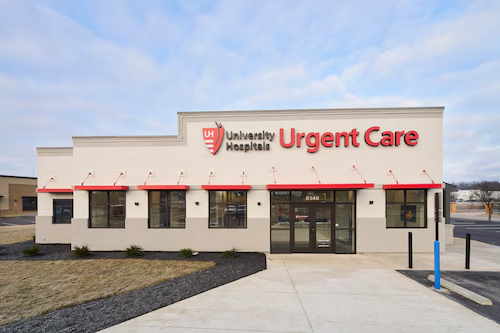Home » Specialities We work

Hospitals and health systems provide a wide range of medical services, including emergency care, surgeries, inpatient care, and specialized treatments. These institutions are the backbone of the healthcare system, offering comprehensive care for patients across different demographics. Health systems often consist of multiple facilities, including hospitals, outpatient clinics, urgent care centers, and specialty care centers. Effective management of these facilities requires robust operational systems, including patient flow management, staff coordination, medical billing, and payer relationships. Hospitals and health systems rely on advanced technologies to deliver quality care, improve patient outcomes, and maintain financial sustainability.





OptiRev Solutions optimizes healthcare RCM and payer services with innovation, automation, and 25 years of expertise, improving financial outcomes globally.
Copyright © 2025 Optirev Solutions PVT LTD By Digju.com All Rights Reserved.